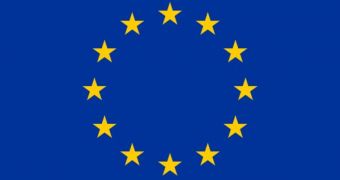The European Union is currently faced with having to take a very difficult decision on whether or not to allow products coming from cloned animals into the market of the Union. This is a very challenging piece of legislation, regulators say, because, on the one hand, consumers and religious groups are strongly against it, while on the other hand, an unjustified ban could lead to the organization having problems with the World Trade Organization. The authority in the matter, the European Food Safety Authority (EFSA), has a split viewpoint, and says that further testing is required before it can take up a final position.
The legislators in the Union are also concerned about the way things are evolving in the United States, where the Food and Drug Administration (FDA) has decided this month that milk and meat coming from cloned animals is just as safe as that coming from conventionally-bred cattle, and that consuming it poses no health risk to the general population.
However, the results experts from the EU got in their research vary considerably from case to case, and the EFSA says that more studies are needed before it can formulate a firm stand. Legislators from all 27 member states are to meet again later this year, probably in three month's time, to review any new data that may be available and make a final decision on the case.
A large study, conducted in October 2008 throughout the European Union, revealed that the vast majority of the population had reservations about consuming meat or milk coming from cloned animals. However, 67 percent of the respondents said that they agreed with the technology, if it was used to preserve endangered species, or to resurrect already-extinct ones.
Both consumers and religious groups are concerned with cloning, and strongly oppose it, although admittedly they do it for different reasons. They argue that the effects the biological process has on nutrition are not yet fully understood, and that the short time span (3 months) that the European Commission has given the EFSA is small and insufficient for conducting a thorough investigation.
From another standpoint, proponents of cloning say that the technique could potentially help engineer better animals, which could yield a larger amount of meat and milk, while at the same time keeping the most widespread animal diseases away. Overall, they maintain, the food coming from clones is safe.
"The college (the 27 EU commissioners) decided that the status quo has to be preserved until we have further scientific studies on certain issues on which EFSA and other agencies could not express an opinion because of a lack of information and data. We want to be sure we do not create problems, so that is why we are having discussions with our trading partners," a Commission official states.
Authorities in the EU are currently collaborating closely with their counterparts in Japan, Canada and the US, which are the main countries involved in the cloning technologies. The information they now exchange could one day allow or forbid meat and milk coming from cloned animals on the European markets.

 14 DAY TRIAL //
14 DAY TRIAL //